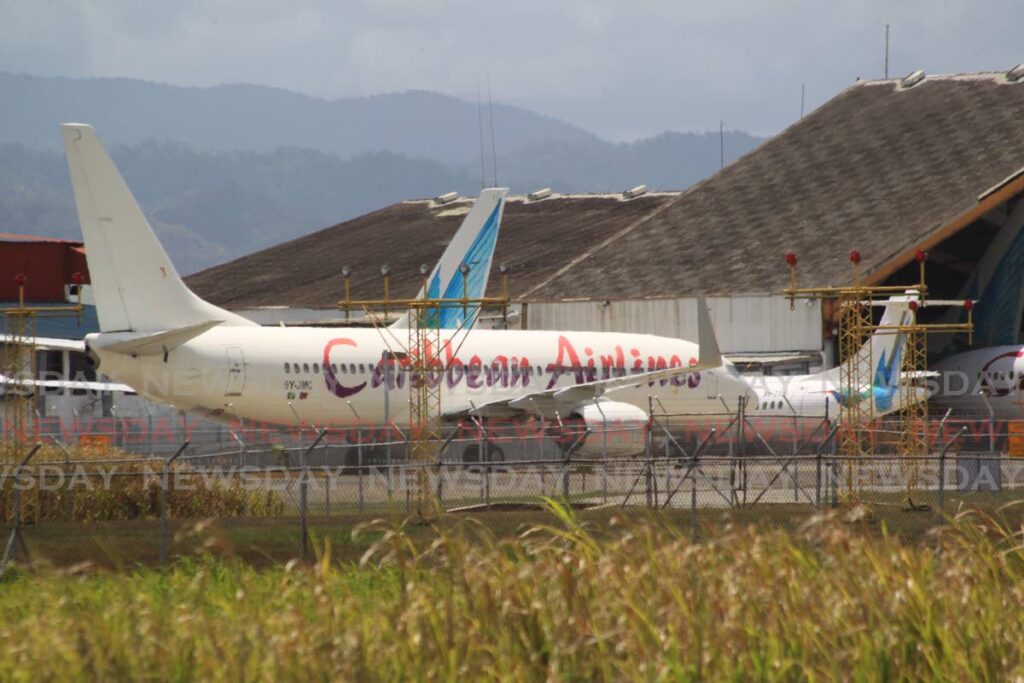TT, Third World to its bones

DR RAMCHAND RAMPERSAD
MY QUEST for travel and adventure was curbed over the past three years due to the restrictions imposed by the pandemic. Like many, I too became frustrated, if not claustrophobic, being locked down in this socially dispirited island of Trinidad. Despite mixed feelings towards international travel, I took the plunge and carried my family for a short trip through Panama to the Bahamas.
As I experienced life briefly abroad, I could not help continuously comparing the standard of living in those countries to that of my own sweet TT. Having returned, I am now so relaxed that I can reflect and write this article.
Prior to the trip, the search for reasonably priced airline tickets was discouraging, to the point that I was considering reverting to a weekend in Tobago. However, getting a flight to Tobago was impossible for the rest of the vacation season and getting boat tickets across the sea-bridge was equally challenging. My destination was flexible and as a patriot I always prefer to travel with Caribbean Airlines Ltd (CAL). This time around I just could not. For every possible destination – Caribbean islands, US, Canada, Europe and wherever CAL flies – it was handsomely more expensive than its competitors.
As a simple comparison, even though CAL provided direct flights to most destinations, Copa Airlines provided the better offer in terms of price and value, in every case. On reflection, I wonder how CAL consistently reports an operating loss given its comparatively high fares? How can we position TT as a tourist destination when the fare from our national airline prohibits international travel?
The layover in Panama offered an insight to their current economic activities. Interestingly, Copa Airlines now has its very own terminal building in Panama. It would appear that there is a strong integration between the airline and the country; Copa is Panama and Panama is Copa.
The pre-flight instructions somehow always evade my attention but this time it was different. In a very innovative manner, this was achieved through a video where flight attendants were filmed at various Panama tourist destinations, delivering the instructions in a captivating manner as they advertised the country. Copa even offers a free stopover in Panama for up to seven days to all its travellers.
Notably, Copa is a privately-owned airline while CAL is state-owned, giving the Government full autonomy over its operations. On reflection, I am wondering how has our government capitalised on its control of CAL and how has it partnered with the private sector to promote tourism? What innovative steps are pursued to make TT an attractive tourist destination?
On arrival at Nassau, visitors were greeted at the airport to live singing from two local guitarists, with melody and lyrics akin to our kaiso, mesmerising us into a vacation mood. As we explored the island, the pothole-free roads were impressive, no overgrown bushes, no litter on the pavements or beaches, no obstructive street vendors, or vagrants.
Nassau, a relatively small island that is 200 square kilometres with a population of 275,000 (compared to TT’s 5,000 sq km and 1.4 million people) and with very little natural resource, emanates a feeling of progression towards First World status. The people are friendly, the drivers are courteous, the systems from immigration to shopping are effective. There is no feeling of fear or crime among citizens and visitors. How does this compare to sweet TT?
After that taste of paradise, we sadly departed for home. Noticeably, the immigration and customs procedures in those islands were smooth and expeditious. However, Trinidad immigration offered a diametrically opposing experience and this was when my reflections all began.
Our flight landed punctually at 1 am and there was only one immigration officer on duty to serve returning nationals. Soon after, two other flights landed and the line backed up as far as the eyes can see. We (from the first flight) cleared immigration two hours later. Lined up were young children and old retirees, cold, tired and restless. My heart bled to see my fellow citizens undergoing this torture in the early hours of the morning.
This cannot be real in a country that has celebrated 60 years of independence and can boast of billions of dollars in annual foreign revenues. Yet, on reflection, I realise that this incident is representative of the failure of all our systems and institutions: health, education, utilities, infrastructure, finance, politics, crime and justice. WASA has a nine-day water cycle in many areas, our roads are a disaster. Not to mention the rate of inflation and rising food prices; a pound of tomatoes now fluctuates around $30.
As you too reflect, won’t you agree that TT is Third World to its bones?


Comments
"TT, Third World to its bones"